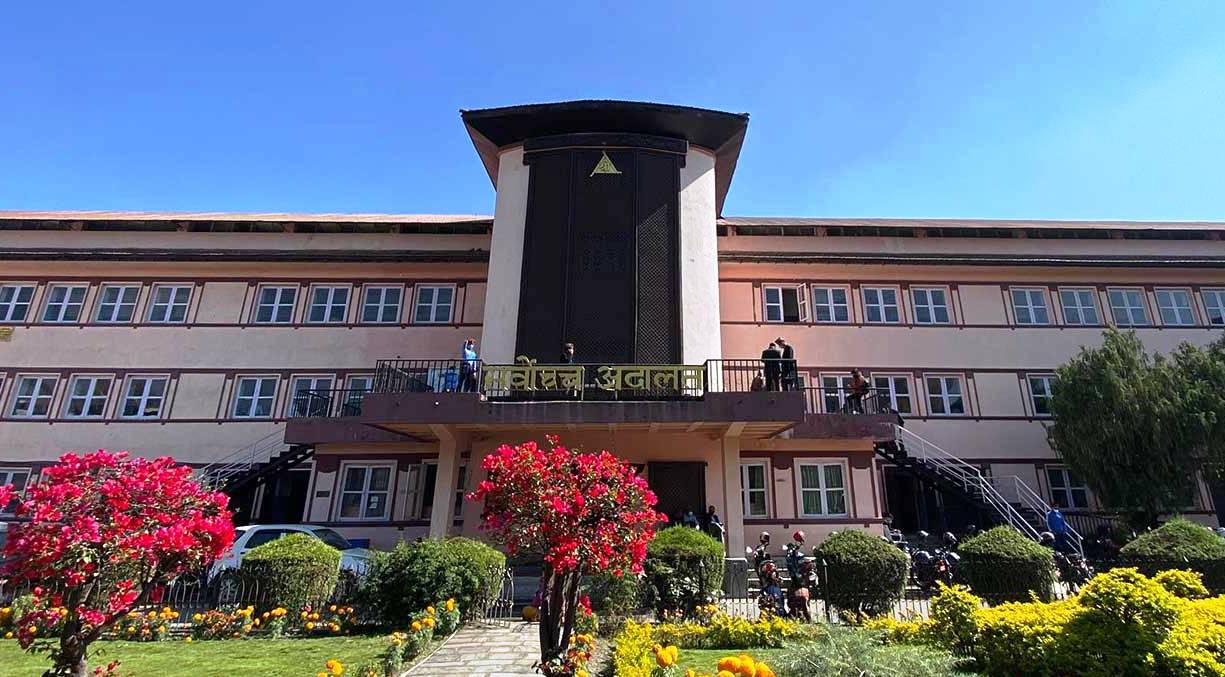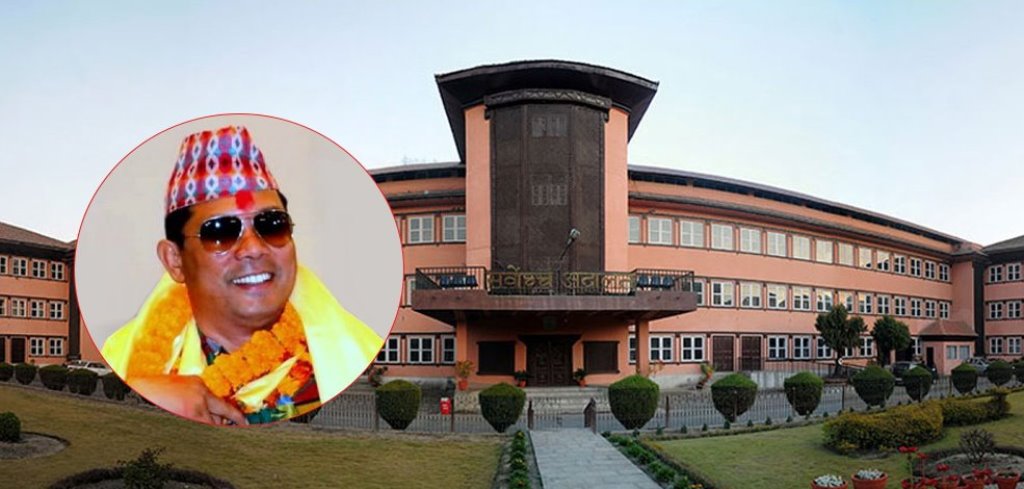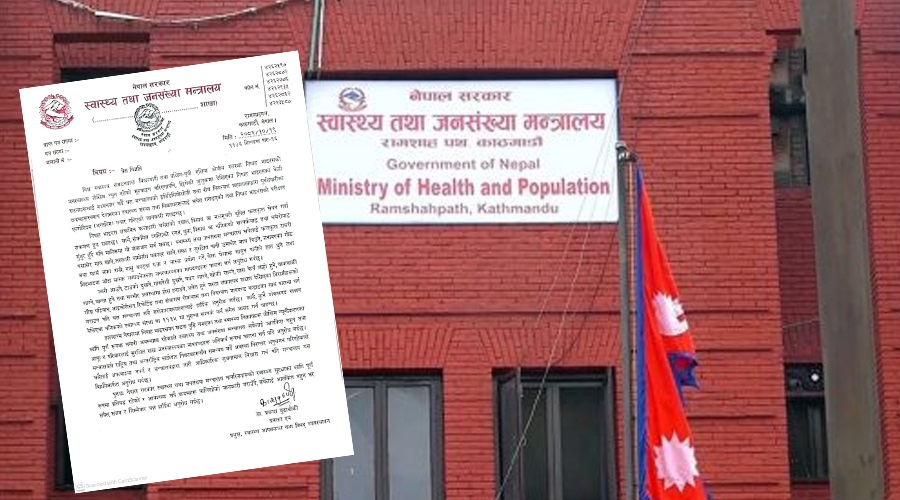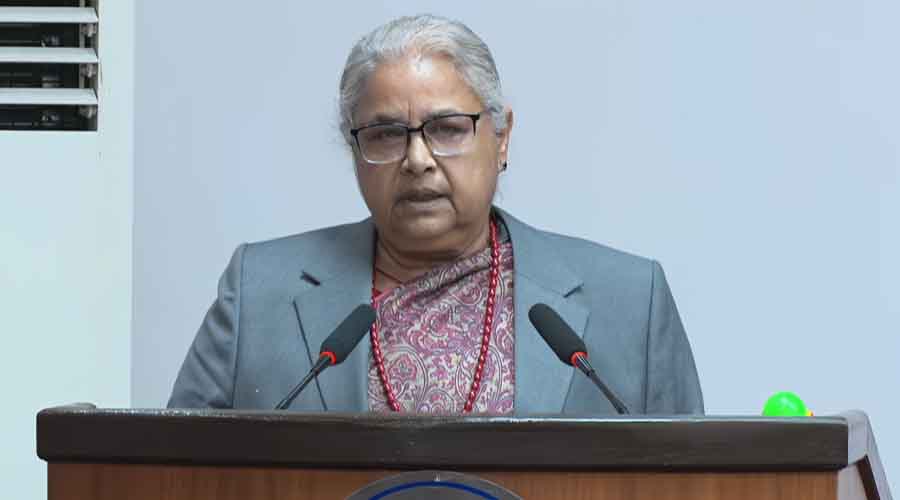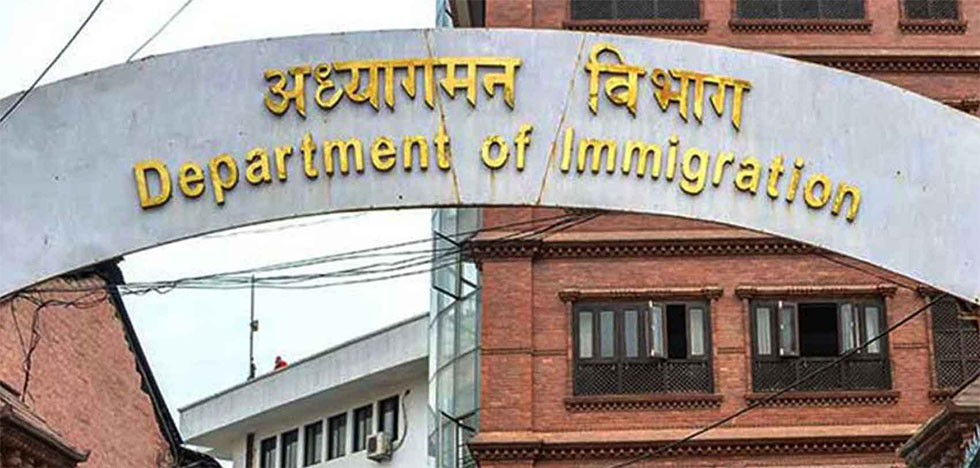Nepal and China have agreed on the protocol of trade and transit agreement providing the way to the sea for Nepal from a country other than India.
The Nepali team led by Joint Secretary at the Ministry of Industry, Commerce and Supplies Ravi Shankar Sainju and the Chinese one by Director General of the Transport Service Department of China Wang Suiping agreed on the protocol following discussions on Wednesday and Thursday.
Sainju told Setopati that Nepal can trade using four seaports and three dry ports for now. “The dry ports at Lanzhou, Lhasa, and Xigatse will be used for now. Nepal can use the seaports at Shenzen, Lianyungang, Zhanjiang, and Tianjin,” Sainju said.
Nepali containers will reach Xigatse to transport goods to and from Chinese ports, according to the agreement. The railway will be used from Xigatse onward. The containers currently can only go up to Kerung.
“Nepal and China currently have agreed to open six border points. The agreement allows the use of any of those six routes closest to those ports,” said another Joint Secretary Nava Raj Dhakal who was also involved in the talks.
Nepali traders can produce only an electronic invoice to the Chinese side according to the protocol. They currently have to produce an original invoice while using the Indian ports. “We have agreed to use international standards in all processes. The process of negotiation has now ended. This will be signed during the top-level political visit,” Sainju stated.
He revealed that the protocol will be implemented a month after signing on the agreement by the political leaders.
The two countries had signed the agreement on trade and transit when KP Sharma Oli was prime minister two years ago. Nepal had looked for the option to use China for international trade after India imposed the economic blockade on Nepal in 2015 expressing displeasure at the newly promulgated constitution.
“We had talked about doing the trade then. We have now agreed on how to do the trade. This is a significant achievement,” Sainju added.
The countries were expected to sign on the protocol when Oli visited China in May after becoming prime minister for the second time but it could not be signed as the additional discussion was needed.


